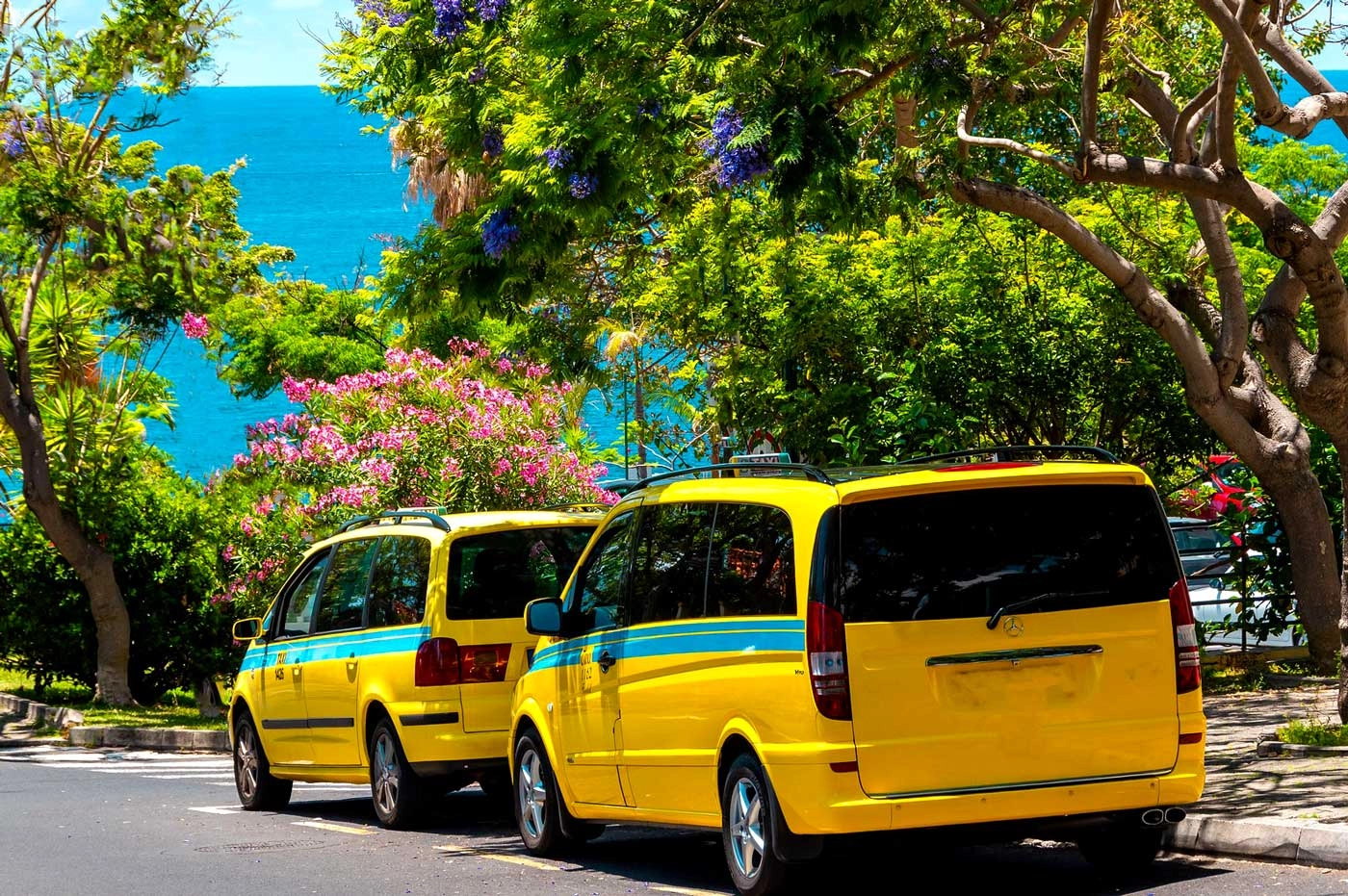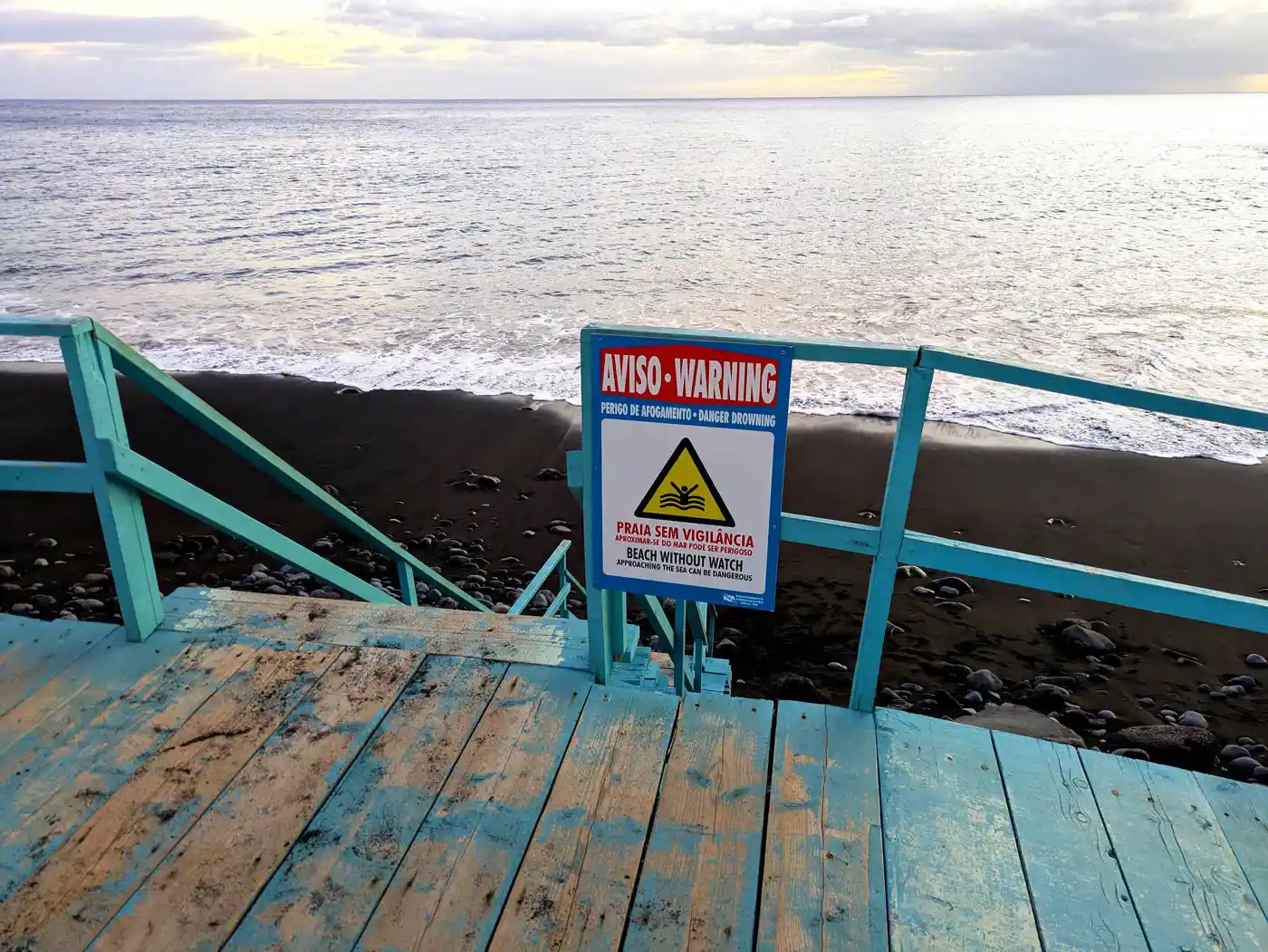177 Homeless People Identified Across Four Municipalities in Madeira
The Regional Government of Madeira aims to socially reintegrate about 80 percent of people living on the streets by 2030. According to the latest official data, 177 people are currently identified as homeless across the archipelago. Most live in Funchal (140), while others are in Câmara de Lobos, Santa Cruz, and Machico - all on the island’s southern coast.
Regional Secretary for Inclusion, Work and Youth, Paula Margarido, said the government’s objective is ambitious but realistic.
Everything will be done so that at least 80 percent of those 177 can be welcomed into a suitable place
Paula Margarido, Observador
Officials say the approach aims not only to offer temporary housing but also to help people rebuild their lives through health treatment and professional reintegration.
The plan is part of the region’s wider effort to fight social exclusion and promote human dignity, priorities under the current regional administration led by the PSD/CDS-PP coalition.
22 New Beds to Be Available by 2026 Under PRR Funding
The Institute of Social Security of Madeira confirmed that two construction projects financed by the Recovery and Resilience Plan (PRR) are already underway. These will provide 22 additional beds in two facilities located in Funchal and Câmara de Lobos by 2026.
“We want, above all, to welcome them in safe places,” said Nivalda Gonçalves, president of the Institute.
The new spaces are designed to ensure that homeless individuals have access not only to shelter but also to continued support for rehabilitation and integration.
Most Homeless Are Men Aged 40–50 With Health or Addiction Issues
According to data from the Institute of Social Security, most homeless people identified in Madeira are men between 40 and 50 years old. Many face mental health problems or drug dependency, factors that make social reintegration more complex.
Local social workers and institutions involved, will provide individualized support, including psychological care and job training.
Authorities hope that through these coordinated efforts, Madeira can significantly reduce homelessness by the end of the decade and offer lasting solutions to some of its most vulnerable residents.
Source: Observador






Comments